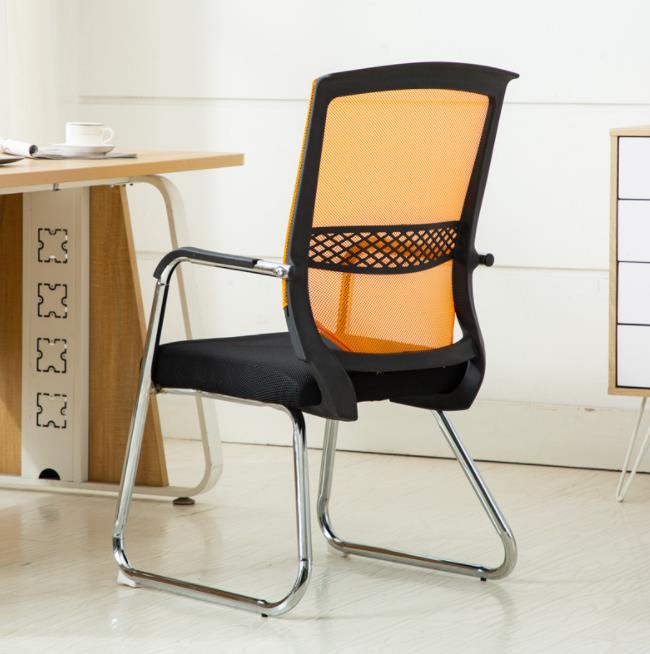Office chair design plays a significant role in promoting employee well-being in the workplace. Since office workers spend a considerable amount of time sitting at their desks, having a well-designed chair that supports their bodies and comfort is crucial for overall health and productivity. Here’s how office chair design impacts employee well-being:
- Ergonomic Support: A well-designed office chair provides ergonomic support, maintaining the natural curves of the spine and promoting good posture. Proper lumbar support, adjustable seat height, and armrests help reduce the risk of musculoskeletal issues, such as back pain and neck strain.
- Comfort and Productivity: Comfortable office chairs contribute to higher productivity. When employees are not distracted by discomfort or pain, they can focus better on their tasks and work more efficiently.
- Reduced Fatigue: Ergonomic office chairs with features like dynamic lumbar support and seat cushioning reduce physical fatigue and promote better blood circulation, reducing the risk of tiredness during long hours of sitting.
- Enhanced Concentration: Comfortable seating allows employees to concentrate on their work without the need for frequent adjustments or breaks to alleviate discomfort.
- Stress Reduction: An ergonomic chair helps employees feel supported and comfortable, which can reduce stress levels and create a more positive work environment.
- Prevention of Health Issues: Properly designed office chairs can help prevent common health issues associated with prolonged sitting, such as poor circulation, numbness, and tingling in the legs.
- Promotion of Movement: Some office chairs are designed with dynamic features, like swivel bases or reclining mechanisms, which encourage movement and allow users to shift positions comfortably.
- Customization for Individual Needs: Office chairs with adjustable features allow employees to tailor the chair to their unique body size and preferences, promoting personalized comfort.
- Long-Term Wellness: Investing in high-quality, ergonomic office chairs is a long-term investment in employee health and well-being, which can lead to reduced absenteeism and healthcare costs for employers.
- Well-Being Perception: Providing employees with comfortable and supportive chairs shows that the company values their well-being and cares about their health and comfort while at work.
In summary, office chair design directly impacts employee well-being by providing ergonomic support, comfort, and promoting movement. Companies that prioritize the well-being of their employees by investing in ergonomic office chairs can create a more positive and productive work environment and foster a sense of care and appreciation among their workforce.







